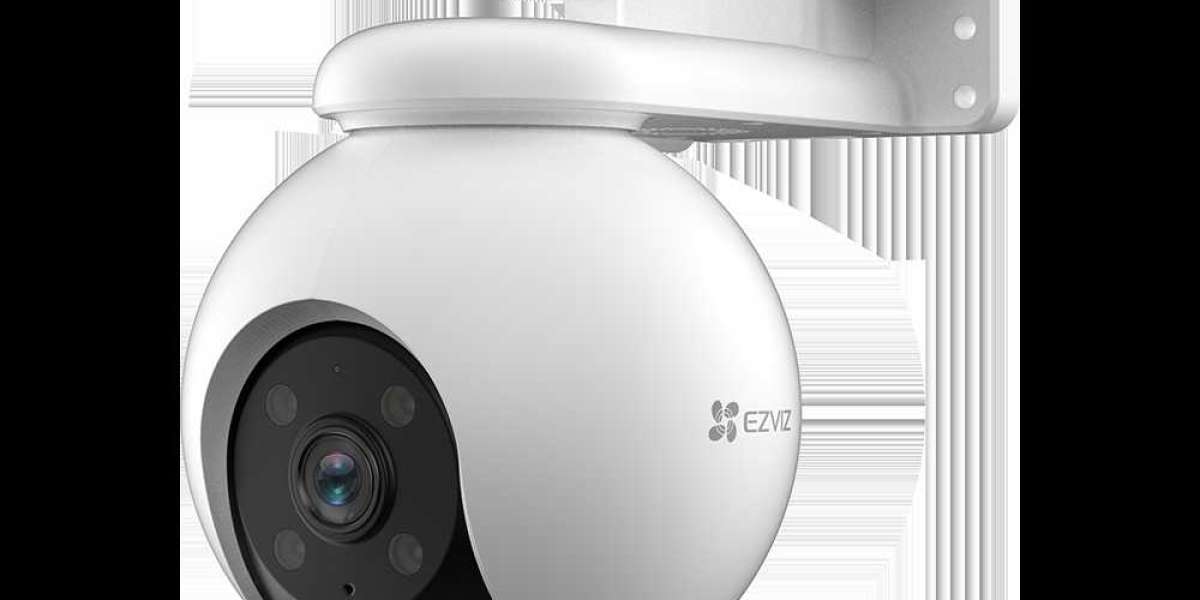In recent years, Call of Duty has become synonymous with not just thrilling gameplay but also aggressive monetization strategies that leave many players feeling exploited. As new updates roll out with increasing frequency, it’s essential to examine how these practices impact both gameplay and player satisfaction.
Recommendations: How to Access and Track Your Hidden Skill Rating in Black Ops 6
Understanding Microtransactions
Microtransactions have become a staple in modern gaming, allowing players to purchase cosmetic items or unlock additional content without needing to progress through gameplay. While this model can enhance player experience by offering customization options, it has also led to concerns over fairness and accessibility. In Call of Duty, microtransactions often take center stage during seasonal updates or special events. Players are faced with choices that can cost anywhere from $10 for battle passes to upwards of $30 for premium bundles. This financial pressure can lead players into a cycle where they feel compelled to spend more just to keep up with their peers or enjoy all aspects of the game.
The Psychological Impact
The psychological effects of such monetization tactics cannot be understated. Players may experience FOMO (fear of missing out) when limited-time offers are presented, pushing them towards impulsive purchases that they might otherwise avoid. This behavior can lead to significant financial strain over time as players chase after every new skin or event exclusive. Moreover, when combined with a matchmaking system that rewards spending with easier lobbies, it creates an environment where skill becomes secondary to financial investment. This shift undermines the competitive integrity that many players seek in multiplayer games.
Community Reactions and Backlash
The backlash from the community has been palpable as more players become aware of these exploitative practices. Many vocal critics have taken to social media platforms and forums to express their dissatisfaction with how Call of Duty has evolved over time. Some community members advocate for boycotts or demand changes from developers regarding how microtransactions are implemented. However, such efforts often struggle against a backdrop of loyal fans who continue to support the franchise regardless.
Looking Ahead: What Can Be Done?
As we move forward in this gaming landscape, it’s crucial for developers like Activision to reconsider their approach towards monetization in titles like Call of Duty. Transparency regarding pricing models and ethical considerations surrounding microtransactions should become standard practice. Players should also take an active role in advocating for change within the industry by voicing their concerns and supporting games that prioritize fair monetization strategies over profit maximization.
In conclusion, while enjoying titles like Black Ops 6, it’s essential for gamers to remain vigilant about how their spending habits contribute to broader industry trends—especially when it comes to microtransactions that can overshadow gameplay experience. If you want to proceed more smoothly in this game, then the bo6 boosting service in U4GM will be your best choice, which will help you easily complete various challenges in the game.






